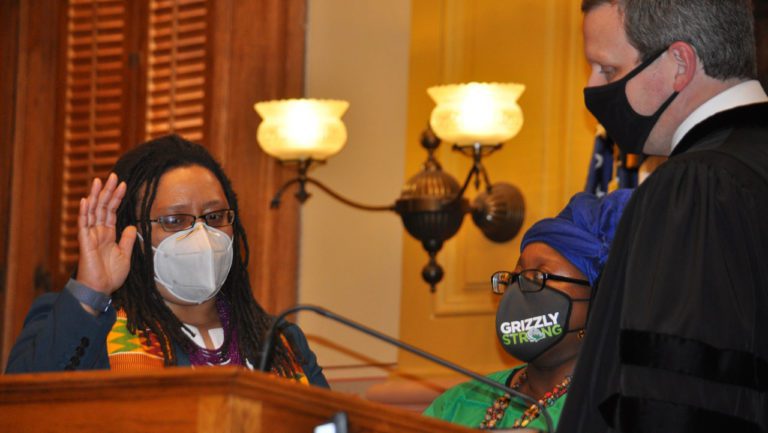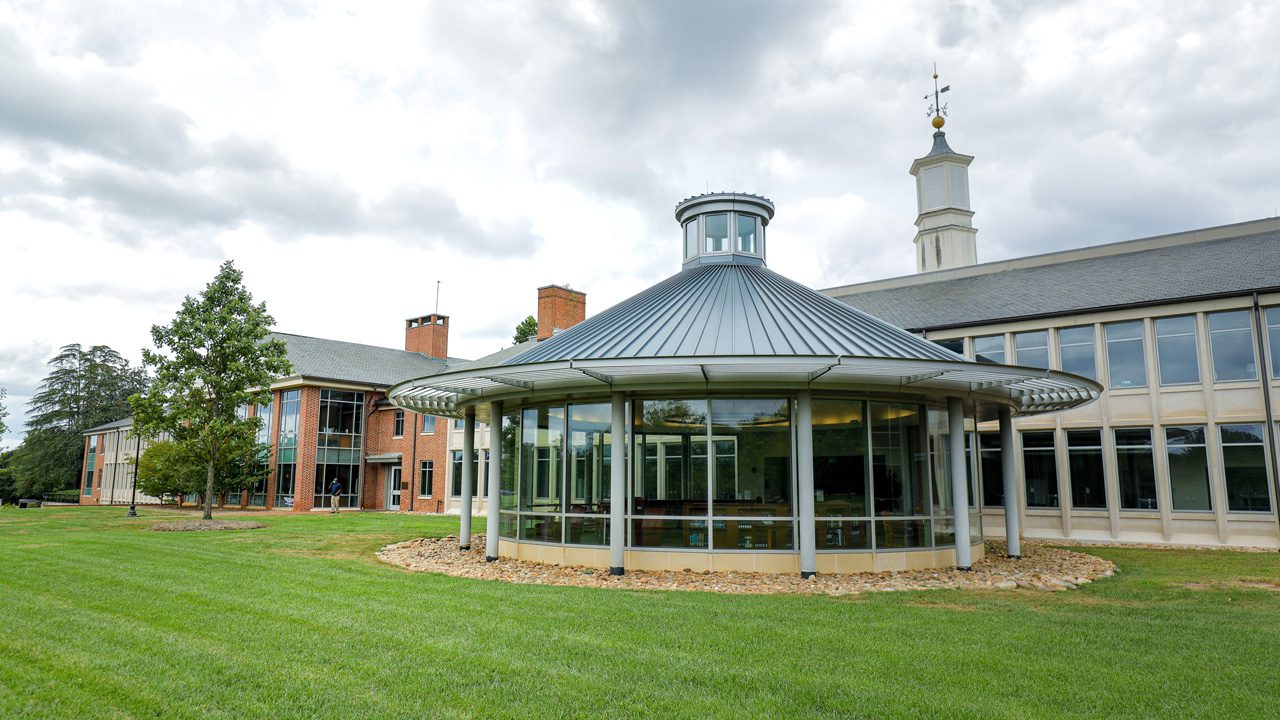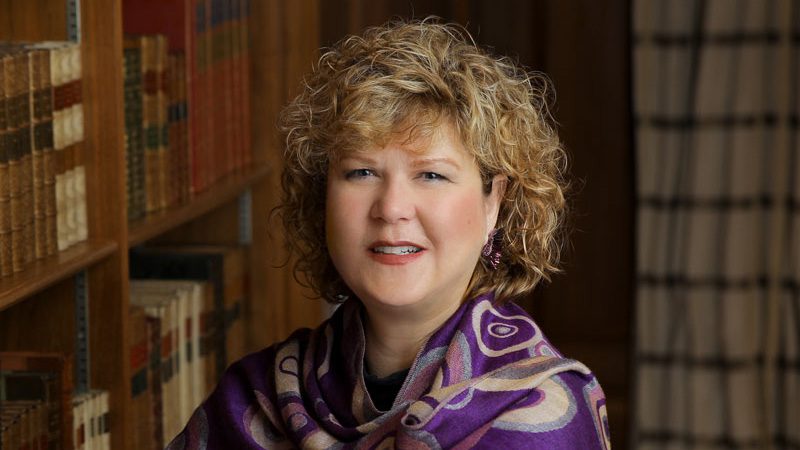

Georgia Senator Kim Jackson ’06.
A Better World for Those Often Left Behind
Newly elected Georgia Senator Kim Jackson ’06 sees her opportunity to bring positive change.
By Ron Wagner ’93
One of three openly LGBTQ Black female state senators in the country, Kim Jackson ’06 is also the first openly lesbian priest of color to be ordained in the Episcopal Diocese of Atlanta. The “firsts” give her a platform she wouldn’t otherwise have, but she hopes to see a day where firsts aren’t such a big deal.
That’s a day when there are more women, more women of color and more women of color who are also from the LGBTQ community in both politics and the clergy.
“I’m trying to make the world better for people who have often been left behind or who have been marginalized,” says Jackson, a Democrat who lives on a farm in Stone Mountain, Georgia, with her wife, Trina.
Jackson serves as the vicar at the Episcopal Church of the Common Ground Atlanta, which has a congregation made up of people who are homeless. During the election season, she ran on a platform that included education and criminal justice reform, affordable housing and comprehensive anti-discrimination policies.

Georgia Supreme Court Justice Charles Bethel conducts Jackson’s swearing-in ceremony alongside Jackson’s wife, Trina.
Entering politics has been Jackson’s goal since she was 13 and saw James Talley, Spartanburg’s first Black mayor, presiding over a city council meeting.
“It was a moment where I realized that if I wanted to make positive change in the world, elected office was going to be the way to do that,” she says, “because I heard them making decisions that would positively impact the lives of people in Spartanburg.”
It’s also why Jackson became a pastor. After graduating with a degree in history from Furman, she moved to Atlanta and earned a Master of Divinity from Emory University’s Candler School of Theology.
Jackson attended Furman on a James B. Duke Scholarship and says the lessons she learned about communicating with people of diverse backgrounds have been invaluable to her political career already and will be critical to bipartisan work.
“It taught me how to build relationships with people who are different from me,” she says, “and I will employ those same skills to build relationships with Republicans and to help us find common ground.”
Jackson also credits university chaplain and Professor of Religion James Pitts ’60 for expanding the possibilities she could envision for herself. The Rev. Pitts passed away on Jan. 18.
“I learned that when Jim Pitts put me in his car and drove me to meet two Black pastors in Greenville, South Carolina, who were doing community work, so I’m incredibly grateful for that,” she says.
“I do not think I would be where I am today if I had not had the chaplain take me by the hand and show me what’s possible.”


